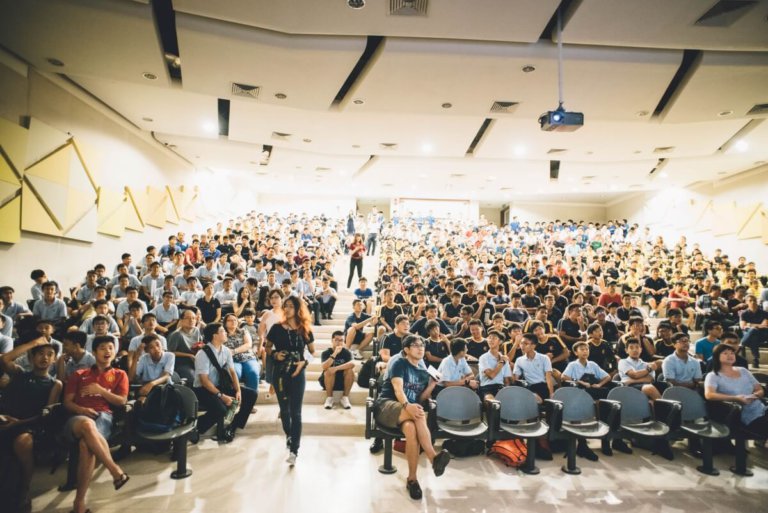
For the third year running, The Economist Intelligence Unit (EIU) has released its Worldwide Educating for the Future Index (WEFFI), commissioned by the Yidan Prize Foundation.
Unveiling up-to-date global education rankings for school systems that best develop student’s future skills, the index grants readers insight into which countries are most focused on future-proofing their youth.
“Education systems urgently need to prepare students for the challenges that await them in work and society,” the report said.
“There is also now broad agreement on the vital role that critical thinking, creativity, communication, entrepreneurship and other future-oriented skills, including digital capabilities, will play in helping students meet those challenges.”

Is it time for all schools to start focusing on future workplace skills? Source: stem t4l/ Unsplash
The methodology
Covering 50 economies around the world across the development spectrum, the index scores economies across three categories: policy environment, teaching environment and socio-economic environment.
The indicators fall into two broad categories:
-
- Quantitative indicators: Nine of the index’s 20 indicators are based on quantitative data. For example, government expenditure on education per student as a share of GDP per capita.
- Qualitative indicators: 11 of the index’s 20 indicators are qualitative assessments of an education system’s orientation towards future skills.
The results
For the second year running, Finland finds itself at the top of the leaderboard. Sweden has swapped fourth place for second place in 2019 and New Zealand remains at third.
| Country | Rank (2019) | Rank (2018) |
| Finland | 1 | 1 |
| Sweden | 2 | 4 |
| New Zealand | 3 | 3 |
| Singapore | 4 | 7 |
| Netherlands | 5 | 6 |
| Canada | 6 | 5 |
| Switzerland | 7 | 2 |
| Australia | 8 | 11 |
| Germany | 9 | 7 – joint with Singapore |
| Japan | 10 | 12 |
| Norway | 11 | 14 |
| Hong Kong SAR | 12 | 15 |
| South Korea | 13 | 16 |
| France | 14 | 9 |
| UK | 15 | 10 |
| Spain | 16 | 23 |
| Italy | 17 | 22 |
| UAE | 18 | 29 |
| Poland | 19 | 27 |
| Mexico | 20 | 19 |
The key findings
“The third edition of the index shows that while more economies have incorporated the future skills agenda into their education policies over the past two years, policy implementation remains weak in many nations,” said report editor Georgia McCafferty.
“The recent rise of nativism and populism in some quarters of the world, along with a rejection of globalisation, makes the need for students develop future-oriented skills like critical thinking and analysis even more urgent in order for them to combat these forces.”
Eight of the top ten economies in 2019 were part of the 2018 group last year. Asian countries – China, India and Indonesia – improved their ranking but US, UK, France and Russia performed worse.
#Finland topped the #WEFFI for the second year. How did your economy perform in its approach to future education in 2019? https://t.co/Hlc7wBo54M (Via @TheYidanPrize) #education pic.twitter.com/Uz1tz674Qi
— The Economist Intelligence Unit (@TheEIU) January 14, 2020
The index included an income-adjusted ranking this year, which saw middle- and low-income
countries – the Philippines, Ghana, Mexico, Vietnam and Indonesia – replace half of the original top ten.
The report posits these developing economies are putting “their more limited resources to good use in advancing a future skills agenda”.
In addition, the report noted: “Future skills are vital to advancing global values. In contrast to the index’s average policy and teaching environment scores, that of the socioeconomic environment category has barely budged from 2018.”







